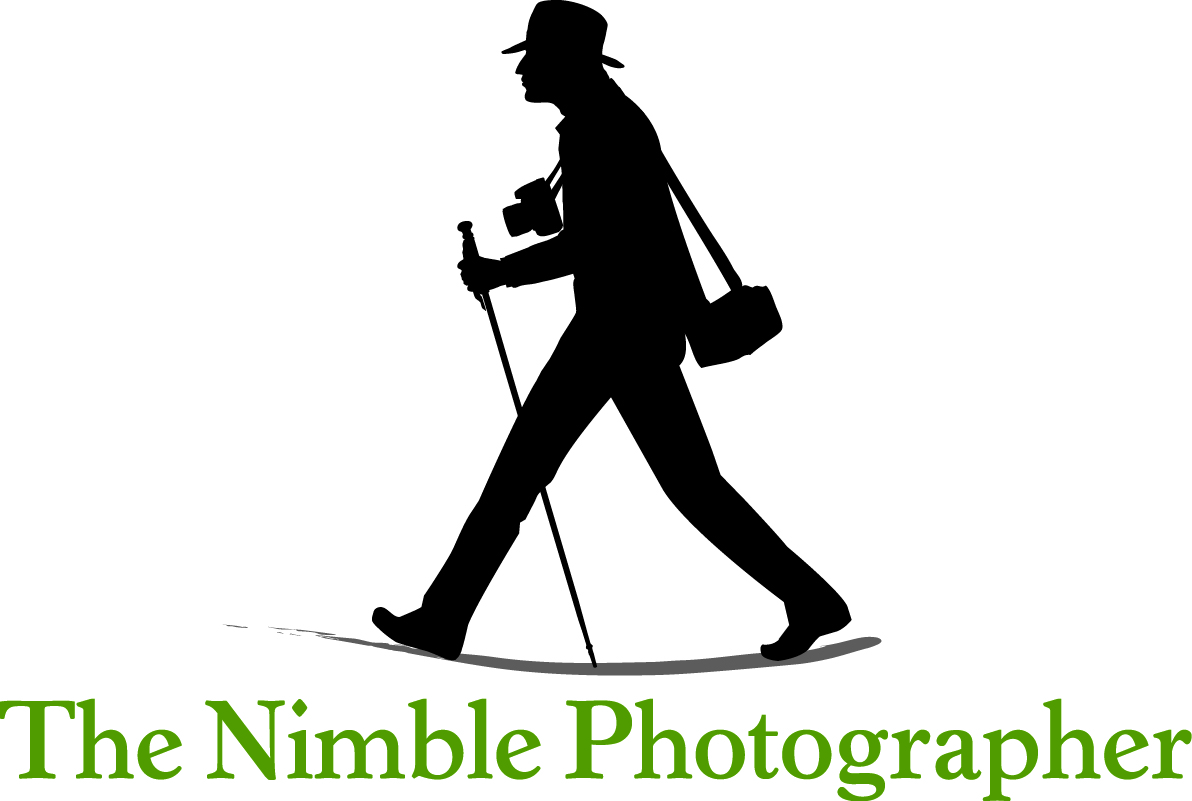In the late 1990s, the Internet saved a lot of stagnated careers, mine included.
Business America realized that they needed a web presence in order to keep up with the Joneses, and the demand for writers, photographers, graphic artists, and eventually, web developers skyrocketed. I landed a job with O'Reilly Media that turned out to be the best gig I've ever had.
What I liked about the decade that followed, what I call the Golden Age of Internet, was that writers and their counterparts were respected. We were paid a good wage, had regular benefits, and we were able to influence the direction of the companies we worked for.
At the same time, we could start our own publishing endeavors. The Internet was wide open and non-discriminating... as long as you didn't have to make money there (with the notable exceptions of porn, gambling, and sweater sales).
I launched www.thedigitalstory.com in 2005. Apple had just added podcasts to the iTunes app, and I wanted to be a part of online broadcasting. So I bought a mic, plugged it into my Mac, and started my own show. There was no revenue model, only my desire to spread the gospel of digital photography. I didn't realize at the time that my online hobby would soon have to evolve into my career.
Around 2010 the Golden Age of Internet descended into business as usual. Most companies had their online infrastructures built, and they began to replace professional writers and other creatives with entry-level help to lower costs.
The Internet devolved from "the place you had to be," to a just another revenue stream. As writers continued to lose their jobs, they also saw a decline in freelance gigs that had once helped to support them. Paid assignments dropped from $1 a word to pennies. Suddenly photographers and writers were offered work for "exposure" instead of a paycheck. If you didn't want to do it, someone else would.
The noise level also increased dramatically. The next phase, The Age of Social Media, replaced craft with quantity. There are still great artists out there, probably more than ever, but it's harder to find them. And they are once again struggling financially.
Companies fell in love with Facebook accounts that became the reality shows of the Internet. Articles were replaced with snapshots and cutlines. And substantial writing gigs were in short supply.
So what follows next? At some point, if not already, we'll tire of Facebook, Twitter, Snapchat, and Instagram, and look for something else. Twitter in particular, has become one of the harshest places online. And Facebook is now part of the political agenda.
As a writer and artist, my hope is for a Renaissance of quality content. I'm already seeing a glimmer with the excellent programming on Netflix, compared to the painfully dull output from network television.
But it's hard to predict where the business of business will lead us. And my gut feeling is that the dawn of the Internet was an opportunity that we'll never see again.
-Derrick
